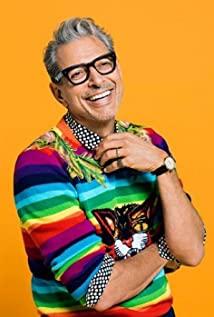"Isle of Dogs" may be Webster's most profound and ambitious work to date.
Aside from the iconic Wechsler aesthetic elements of symmetrical composition and panning scenes that can be seen by any moviegoer,
Paranoid such as this time, he not only mixed and matched the more paranoid aesthetics of Dongying, but also played a big game beyond the aesthetic visual spectacle.
To be precise, Wechsler has jumped from a fresh director to an artist who conveys political views.
why would you say so,
First of all, this is definitely not a fairy tale that everyone is happy with, nor is it a pure love story of a loyal dog Hachiko.
Second, there is no clear distinction between good and evil in the story.
Thirdly, what I am terrified of thinking about is that this story is dark and bottomless.
The core and scary part of the theme is the "aphrodisiac of power", which in the hands of anyone will lead to the abyss of totalitarianism.
Feeling carefully, the relationship between the child and the dog is more about command and obedience. The dog's loyalty comes from the provision of human food and shelter, which cultivates servility, and the only awakened stray dog leader is gradually tamed and assimilated. Along the way, he needs protection and organization to find his place.
In the end, the little boy inherited the position of mayor, and also excluded and punished the alien party who once regarded dogs as enemies. What is the difference between all these actions and his powerful uncle?
Wechsler teased that behind the so-called world harmony, democracy and tolerance, it is impossible for anyone with power to be completely inclusive, but it is just a potion for the authorities to confuse voters.
Therefore, many people underestimate this superficial dog film, and the best director of the Silver Bear is not for nothing.
Webster is really smart!
View more about Isle of Dogs reviews











